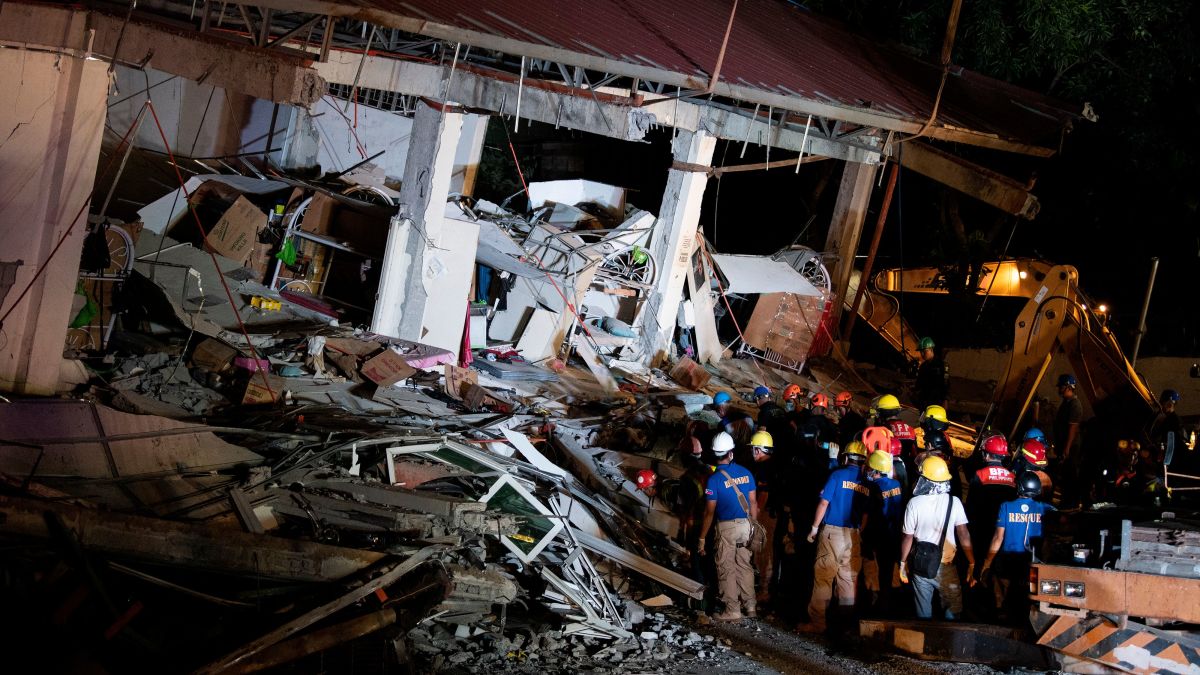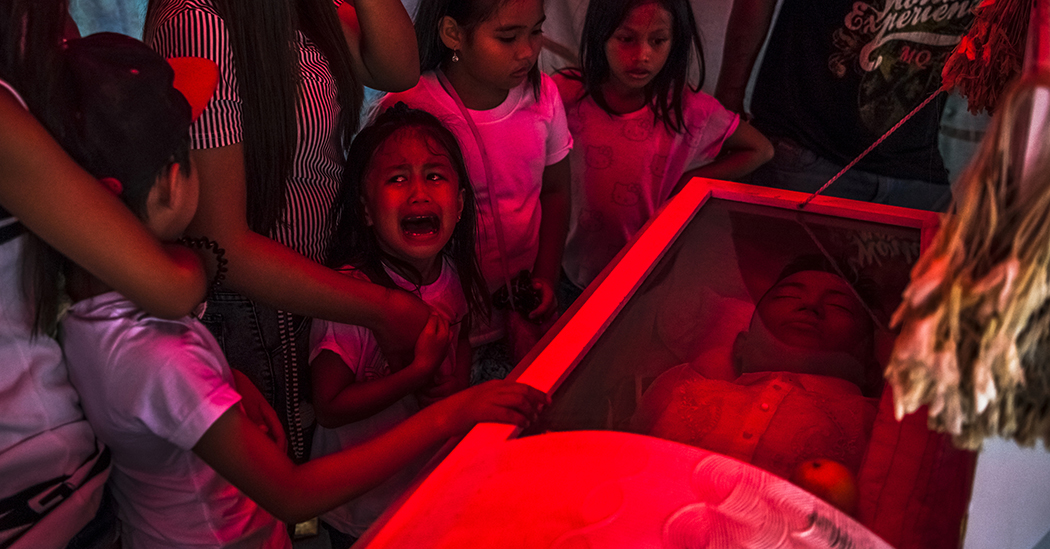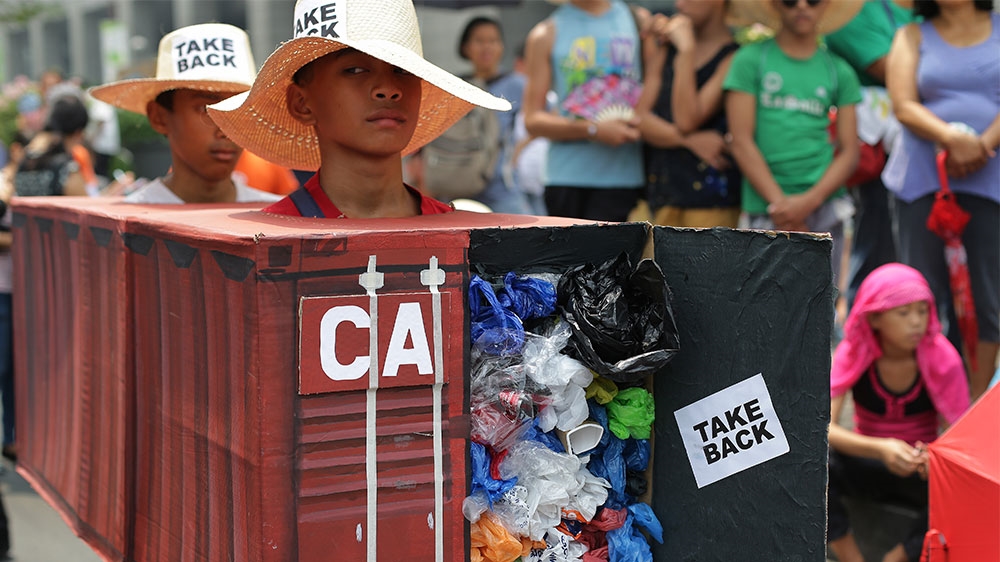
The Philippines is an island nation in the Pacific Ring of Fire. In this region volcanic eruptions, earthquakes and tsunamis occur often, more than any other area in the world. 75 percent of the world’s volcanoes are within the Ring and 90 percent of all earthquakes occur here as well.
As one of the countries located long the Ring, the Philippines has frequent coverage of natural disasters. It is one of the themes that are often found within the nation’s news media coverage.
As proof of the frequency of disasters, a magnitude 5.6 earthquake occurred on May 6 in Ilocos Norte. On April 23rd there was also a 6.1 magnitude earthquake in Porac, a town north of Manila.
President Duterte is another form of “natural disaster” that hit the Philippines. For the past couple of years, coverage of Duterte has been a major theme in the Philippines.
He has been central to many of the controversies appearing in the Philippines. The so called “War on Drugs” that the president has declared has been a major piece of the controversial pie that’s been baked in the nation.
Since coming into office, Duterte has urged the nation to kill all those related to the illegal drug trade. He wants the death of not only the drug dealers or drug lords, but the drug users and addicts too.
“Hitler massacred three million Jews. Now, there is three million drug addicts. I’d be happy to slaughter them” he said.
Currently, the situation in the Philippines appears to be exactly as Duterte aimed it to be. Over 12,000 people have been murdered since his war began. ABS CBN runs a page on their website that has regularly updating statistics on the death toll from Duterte’s war.

Many of these deaths have been extrajudicial executions carried out by vigilantes. Unfortunately, some of the victims of the “War on Drugs” are innocent. Yet, there is no end to this disaster wrought by the president even after many claims that the president is violating human rights.
There is more to Duterte’s disaster than the killings. In addition, there have been mass arrests and accompanying overcrowding of the nation’s jails. The urban poor have largely been affected by the entire situation.
The press have also been troubled by the circumstances in the Philippines. Their coverage of the war has been taken extremely negatively by their government.
Journalists have been targeted and are being arrested on bogus charges. Their companies are being similarly treated with more bogus charges as well.
Rappler, a leading online news organization from the Philippines, is one of the companies being attacked by Duterte. Yet, they are resolved to continue their coverage of the president’s dubious actions.
News outlets around the world have noticed Duterte’s violation of the press’s freedom and see it as him attempting to censure the media. It seems that the events in the Philippines are getting covered very well around the globe without bias.
Take the dispute that the Philippines has with Canada about foreign dumping for example. Coverage internationally (The New York Times, NPR, Al Jazeera) and locally (ABS-CBN, Rappler) show similar stories. All appear to support the Philippines and their situation, but not necessarily supporting Duterte due to his questionably aggressive approach.

If there is anything missed by international coverage, it’s the more local news from the Philippines. One of the topics only covered in the Philippines are their Senatorial elections. Some other things not covered globally would be the nation’s sports and entertainment. Unlike the NBA or Hollywood actors, their Philippine counterparts aren’t as famous and aren’t worth being covered outside of the country.